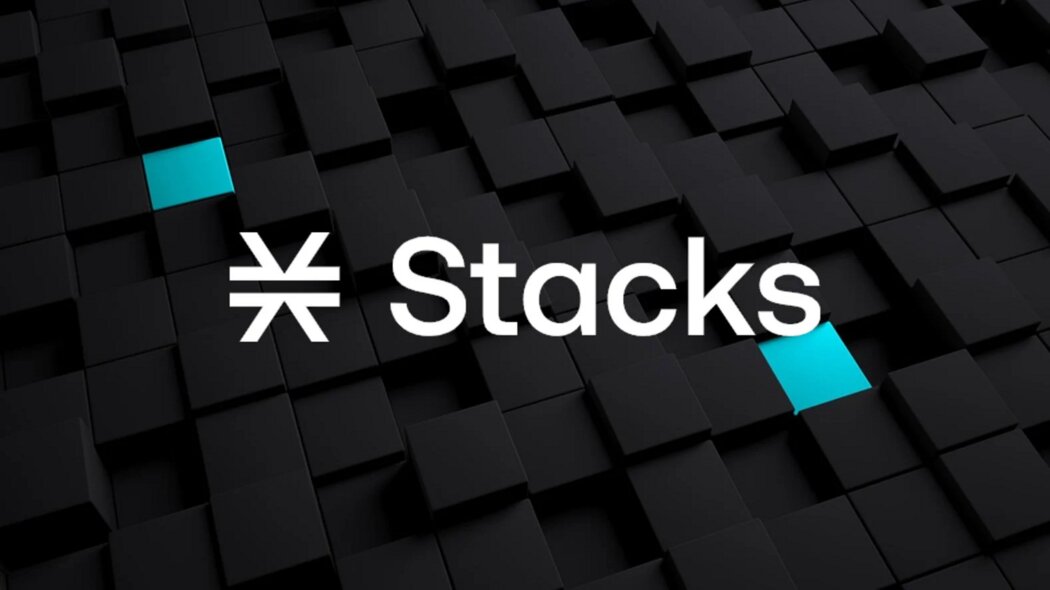
Should You Exchange Your STX for BTC in 2022?
Stacks (STX) is a unique protocol that allows smart contracts and dApps to run on top of the Bitcoin blockchain. It has been steadily developed for the last few years, but, is it still a good token to hold in 2022? Here we’ll look at the merits of the STX and BTC projects to see if you should exchange your STX to BTC.
What Is Stacks?
The Stacks project aims to unleash the full potential of the Bitcoin network by converting it into a full smart contract platform like Ethereum. It has an interesting way of achieving this. Rather than forking the Bitcoin protocol or launching a new blockchain, Stacks works by resting on top of the Bitcoin blockchain. Stacks smart contracts and transactions are settled directly on the Bitcoin blockchain using a consensus algorithm called “Proof-of-Transfer.” This allows decentralized apps to be run on Bitcoin, the largest and most secure blockchain in the world. It also means that Bitcoin can be used to run dApps.
NFTs hosted on the Stacks protocol are secured by Bitcoin. This opens up the trillions in the capital on the Bitcoin blockchain to NFT and other dApps.
STX Basics
STX is the native token on the Stacks blockchain. At its launch in 2019, the token was around $0.2, and in 2022 it is trading at around $0.3-0.4. It’s used as gas for processing transactions, registering new digital assets, and powering smart contract execution. Smart contracts executed by STX use the Clarity Smart Contract Language that actively prevents bugs and common exploits to protect users.
STX transactions are settled on the Bitcoin blockchain rather than another chain. This means that STX effectively has the security of Bitcoin transactions.
Here are some price forecasts for the STX token for the next five years.
| WalletInvestor | PricePrediction | DigitalCoinPrice | |
| 1-Year Prediction | $0.0158 | $0.64 | $0.50 |
| 5-Year Prediction | N/a | $4.20 | $0.89 |
What Is Bitcoin (In Case You Still Don’t Know)?
Bitcoin is the protocol layer that operates beneath STX. It’s the most important blockchain in the world, with over a trillion dollars of market capitalization. However, Bitcoin can only operate as a cryptocurrency and can’t execute smart contracts that allow the building of dApps. Bitcoin transactions are also very expensive and can cost $2-4 per transaction when the network is backlogged.
Bitcoin’s strengths lie mostly in its popularity. It uses the Proof-of-Work protocol, which forces miners to use computer power and electricity to compete for mining blocks. Because each Bitcoin is so expensive, there are many miners competing. This enormous miner number makes it almost impossible to attack the Bitcoin network. This is unlike smaller networks, which are vulnerable to 50% attacks.
BTC Basics
BTC is the token of the Bitcoin network. BTC is algorithmically limited in supply. Only 21 million Bitcoins can ever exist, and 90% have already been mined. For this reason, the Bitcoin price is expected to go up (albeit, with high volatility) for a very long time as demand increases. Other tokens such as ETH do not have this limited supply, so the BTC to ETH exchange rate is also expected to increase over the long term.
Here’s a collection of price forecasts for BTC:
| WalletInvestor | PricePrediction | DigitalCoinPrice | |
| 1-Year Prediction | $37,331 | $38,288 | $26,530 |
| 5-Year Prediction | $105,057 | $268,056 | $47,520 |
Is It the Right Time to Swap STX to BTC?
The Stacks blockchain is an interesting project that brings smart contracts, DeFi, and dApps directly to the Bitcoin blockchain. This gives it many of the advantages of Bitcoin, with few of its downsides. However, the STX token has not performed too well since its launch in 2019. Since that time, it’s only gained roughly 50% value, while Bitcoin has gained much more.
Owning STX is a great way to diversify your portfolio with an interesting asset. But, it doesn’t look like STX will break out any time soon. For the time being, STX to BTC looks like it could be a profitable trade.
